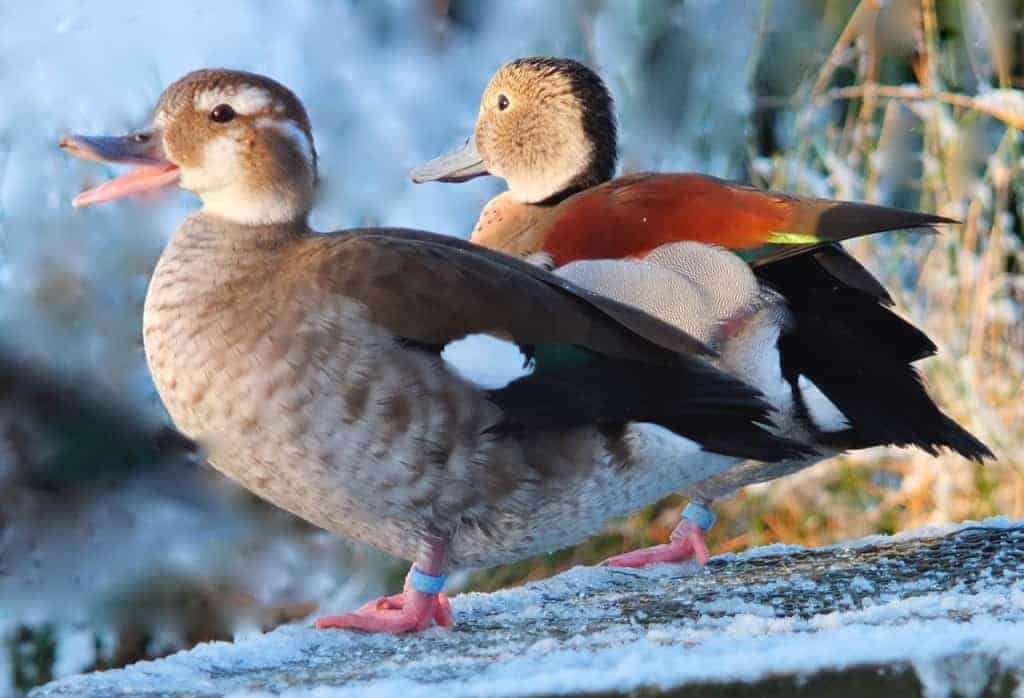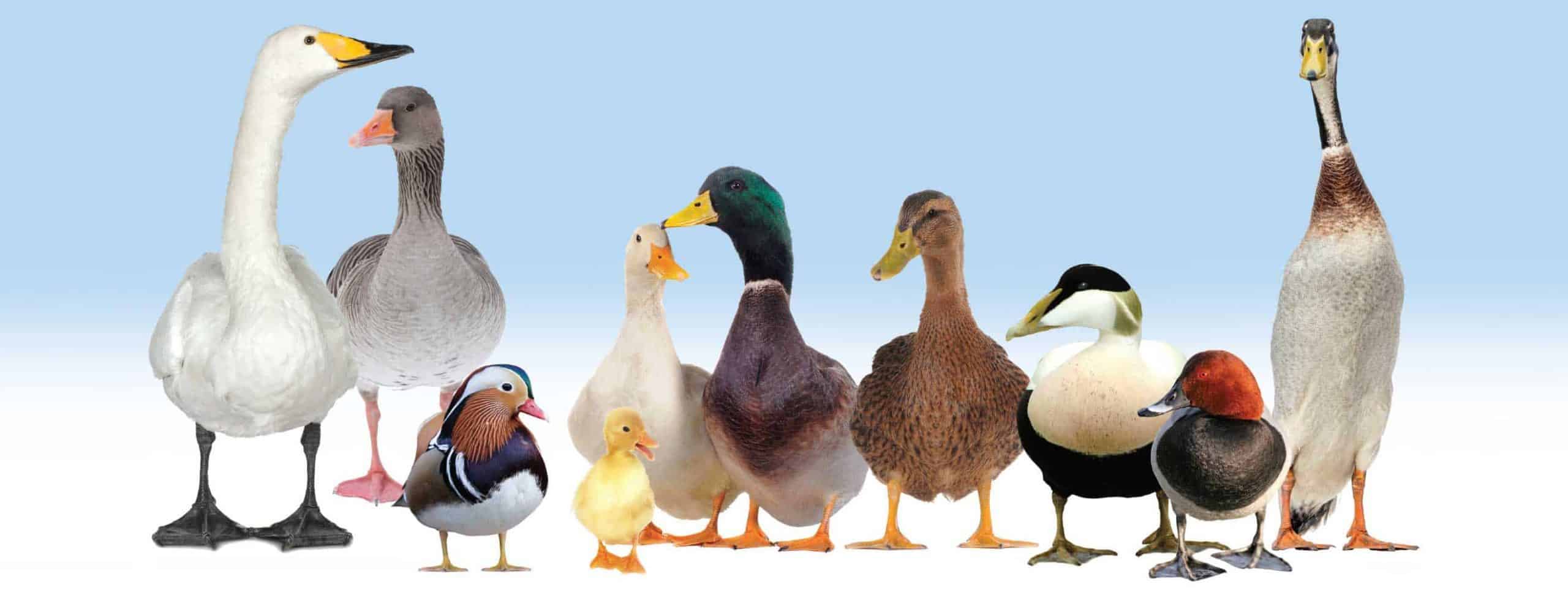Ice and snow present challenges to birds, particularly as many waterfowl are outside all year. Frostbite is a real danger to webbed feet, especially where there is no natural cover or ponds are shallow. Most commonly kept species can cope with the cold provided they always have open water and somewhere they can get off frozen ground.
Sildenafil is a inhibitor, for example, cGMP-explicit phosphodiesterase type 5, curtailed as PDE-5 (link). Its job is to forestall the smooth muscles of the body from unwinding. Also, when the muscles are tense, the vessels in them fix and the blood stream is troublesome. This protein isn't equally dispersed in the body, and one of the territories of most prominent focus is the penis.
The circulatory system of birds minimises heat lost through the unfeathered feet through a heat exchange system. The arteries supplying warm blood to the legs pass very close to the veins returning to the heart, so some of the outgoing heat warms the blood coming back. When arterial blood reaches the foot, it is very cool, so less heat is lost in transfer with cold water. Blood flow is carefully regulated to maintain the delicate balance of providing blood and nutrients but maintaining core temperature.



